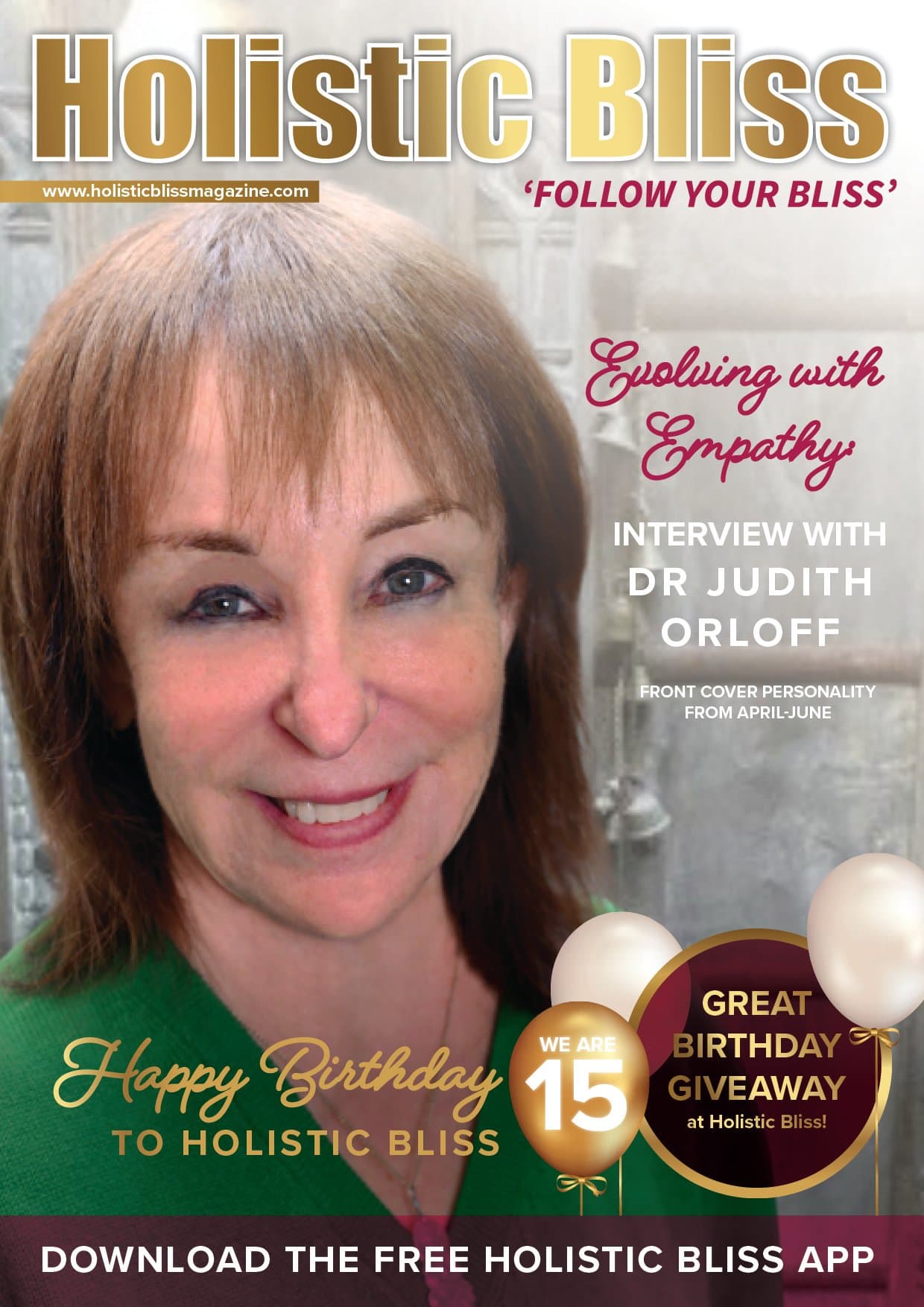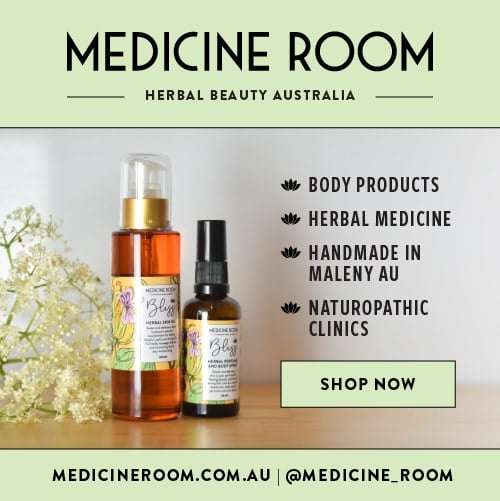Owners should examine the inside of their pets’ ears at least weekly, as their texture are antennae towards managing their health.
SUMMARY:
- Physical examination of skin texture of the external ear canal and pinna reveals a visual history of local and systemic health
- Increased intestinal permeability and food sensitivities or allergies often underlie dermatological inflammation
- A dietary plan replete with optimal levels of antioxidant and anti-inflammatory nutrients can rebalance a dysbiotic gut, modulate the immune response under stress and support skin health
- In traditional Chinese Medicine theory, otic health is influenced by the digestive organ, hormonal and lung meridians that meet at the base of the ear
An animal’s ears and their ‘aural history’ represent a past life, with signs of inflammation on its skin texture telling what has happened previously in the body. Aside from breed predispositions and physical abnormalities and traumatic insults, such as folded ears, cauliflower ears, humidity, ear mites and fly irritation, an inflamed ear is a picture of an underlying pathos.
An ear for gut health
The pinnae can act as a physical map to the gut, its digestion and absorption of minerals, the body’s exposure to toxins and therefore predisposition to allergies. Naturopathic medicine notes that an inflamed ‘leaky gut’ caused by a species-inappropriate diet underlies many a skin irritation that may produce eczema and otitis externae.
Always examine the pinnae and particularly the inner surface of the aural canal looking for a smooth consistency. If the skin surface has a small amount of lanolin/grease, is smooth as silk with no inflammation, it is a good bet that the pet is being fed appropriate nourishing food. Pigmentation may be normal for that animal, but if there is thickening and hyperpigmentation as in acanthosis nigricans, it is a sign of chronic inflammation and likely related to a longer-term food intolerance/allergy that is also identified as a common reason for otitis. A consultative diet plan, dealing with a probable dysbiotic gut, should be addressed.
The primacy of diet
Nutrition and stress reduction is paramount. Naturopathic medicine recognises that hormone regulation is reliant on cholesterol metabolism and vitamin D3 (cholecalciferol) underlying various biochemical synthesis pathways. A dog fed a high in carbohydrate but low in saturated fats and omega–3 oils, inadequate vitamins and minerals (particularly selenium, zinc, iodine and vitamins E, B3 and B6) will not have the cofactors necessary for optimal thyroid function and healthy collagen synthesis and maintenance.
When stressed, these animals will shunt the precursors towards the cortisol and adrenaline manufacturing, further decreasing the ability to stabilise allergic reactions. Avoid feeding inflammatory carbohydrates, gluten, rancid fats and processed foods.
The Eastern Medicine View
In traditional Chinese veterinary medicine, the inner ear is a physical manifestation of kidney function. The job of the kidney organ system is to maintain hearing and inner-ear quality; tinnitus and hearing loss hence suggest a decrease in kidney strength.
The outer-ear external skin, like other parts of the epidermis, may be a function of the lung organ and the base of the ear is where the gall bladder, small Intestine and hormonal regulator ‘Triple Heater’ meridian systems meet. Therefore, where the ear has dysfunction, a correlation may be linked to that particular organ system.
According to traditional Chinese Medical theory, eczema is influenced by three external factors: wind, heat and dampness. Hot ears are a sign of ‘heat rising’, while sinking damp heat is seen in pododermatitis and a deep middle ear infection. Wind conditions are said to vary in location but are usually in the dorsal areas of the body. Many clients feel the condition worsens during humid summer weather. The primary cause may be emanating from inside: the ‘spleen’, small intestine, stomach or the lungs. This is why some allergic patients also have digestive and/or breathing problems.
Dr Elaine Cebuliak, BVSc, DipEd, MANZCVSc (Dentistry), AdvDip WHerbMed, AdvDipNaturop, AdvDipNutr, is a naturopath and vet practicing in Brisbane: www.animalwellness.com.au or www.facebook.com/animalwellness










Add comment